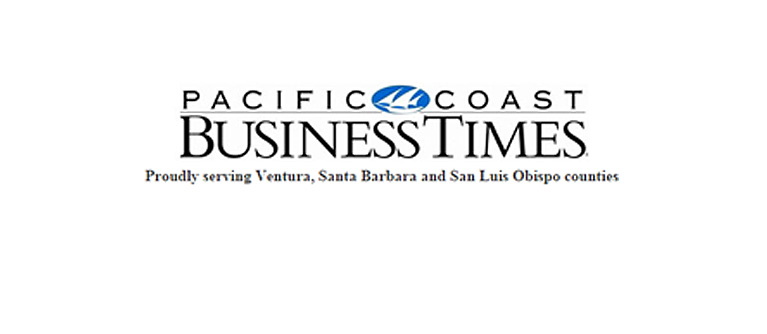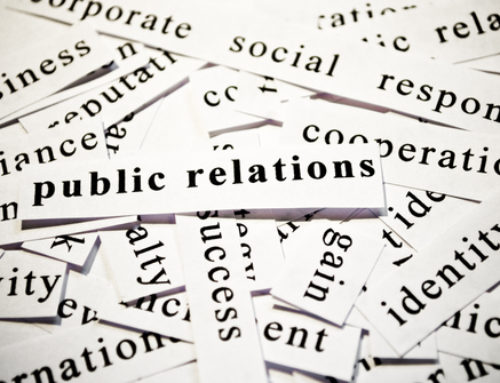Boards of directors are a curious lot. Some are comprised of investors who administer with short-term vision, accountable to shareholders’ quarterly earnings. Some serve in strictly an advisory capacity to a parent company that retains ultimate power. Some organizations have boards comprised of publicly elected officials who govern in accordance with district, city or county mandates. Some are paid and some are voluntary. Some are small and focused. Some are large and unwieldy. Some are effective. Some are not.
Perhaps the most unifying quality that most boards share is their startling deficiencies in two key areas.
First, many boards remain populated with yesterday’s leaders. These usually include individuals who helped build the organization or were fundamental to its development or are major donors with fond memories of the past. Their value, institutional knowledge and passion should not be minimized and they have an important role to play. But at the same time we should also realize that memory lane is often a dead-end street.
What about tomorrow’s leaders? While appreciating that youth is more a state of mind than a time of life, it wouldn’t hurt for boards to consider adding some 20-somethings or 30-somethings among their ranks. Young people live in a different world, speak a different language, communicate in different ways and have different issues that are important to them. They are today’s and tomorrow’s customers and they need feeding. We need to remove our blinders and listen to what they have to say or we may quickly find ourselves left with no customers at all.
Communicating and listening opens the door to the second deficiency. Most boards are filled with lawyers, bankers, local business owners and philanthropists — all fine professions and valuable skill sets. But the center of gravity in today’s society has shifted, making it more important than ever that boards have public relations professionals at the table. There is no upbringing or viewpoint that is more needed today.
It is a public relations perspective — more than any other — that allows an organization to look through the lens of a consumer and understand what is important to them.
Having this outlook is invaluable to any company or foundation that is trying to build (or rebuild) its brand, capture new market share, raise its profile, differentiate itself from the competition or tell its story in creative and memorable ways.
It is a public relations voice in the boardroom that can help explain how to engage the public to be more than purchasers but be allies, zealots and ambassadors. Think Apple. Think Starbucks. These companies don’t just have customers, they have evangelists. An engaged and loyal public is a powerful ally and PR is the tool that can build these alliances and leverage this human currency now and for the future. Public relations can remind fellow board members that the most important thing they can do is listen.
Public relations representation on a board can provide immeasurable value at times of crisis. It can gauge public sentiment, craft key talking points, sanitize messages, identify barriers and take an unbiased view of how an issue will play with and how to communicate with all external and internal audiences. More importantly, a public relations professional can provide the up-front, strategic thinking and guidance needed to get ahead of the ball and help prevent a crisis from escalating to the point where an organization feels compelled to call a press conference to explain.
Perhaps most significantly, a PR voice can remind the other board members that, in this growing era of consumerism and transparency, organizations must be committed to practicing daily the four most important elements of trust: integrity, honesty, promise-keeping and loyalty. To some, this PR voice can be as annoying and unshakable as that piece of toilet paper stuck to the sole of your shoe. But smart organizations realize that only when they have those elements of trust as their foundation can they truly appeal to today’s consumer, who is increasingly concerned not just with what they are buying but with who they are buying it from.
In the final analysis, boards of directors are responsible for the strategic direction and sound financial stewardship of an organization. It is hard for me to imagine how a board can optimally achieve these ends and truly be effective in today’s changing world by clinging to a present that is already dying. It is time to bring new blood and fresh perspectives to the table. Public relations is a good place to start.
This post was originally published in Pacific Coast Business Times https://t.co/oHq5fVTIQy.




